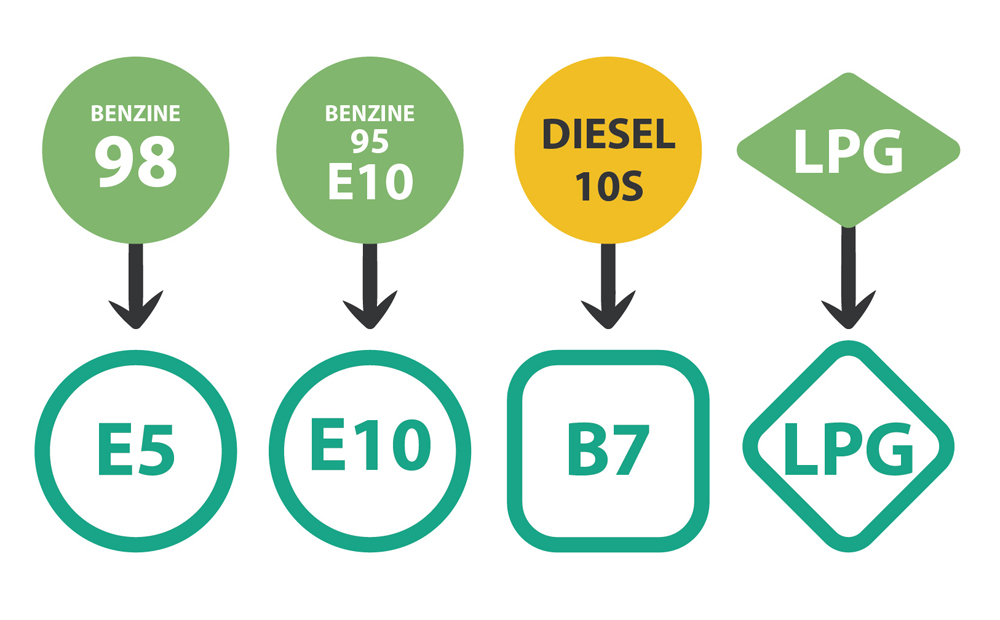Transport sector cannot do without biodiesel

When mechanical engineer Rudolf Diesel presented the first combustion engine at the end of the nineteenth century as an alternative to the existing steam engines, he used peanut oil as fuel, among other things. Vegetable oil is an energy-rich and clean fuel. The engine that would later bear his name had a much higher efficiency than the steam engines and was especially successful for the heavier means of transport.
It is technically possible to use vegetable oil in a diesel engine. But at low temperatures, the oil becomes viscous and can even solidify. Therefore, it is treated first so that the melting point becomes lower. This is possible with a process that creates a new product: fatty acids methyl ester (FAME). FAME is also known as biodiesel. FAME can be made from vegetable or animal oils and fats or from residues such as used cooking oil, making it a renewable fuel and a sustainable alternative to fossil diesel.
At the moment, diesel at the pump may contain a maximum of 7 percent biodiesel. At that percentage, manufacturers guarantee that the car owner will not have any engine problems. Various manufacturers also guarantee this at higher percentages. Most heavy transport engines for trucks and shipping, for example, are suitable for handling a higher proportion, B30 or even pure biodiesel (B 100).

Electric driving is a solution for passenger cars in particular for making transport more sustainable. Trucks, ships and airplanes require a fuel with a high energy content, because a lot of power is required. Biodiesel has those characteristics. It therefore gives the transport sector the opportunity to go green in the short term, and it will still be essential for making our transport sector more sustainable in the coming decades.
Through legislation and covenants such as the Green Deal for inland shipping, specific sectors have made agreements with the government about their contribution to combating climate change. The VOS foundation has quality requirements for the supply of shipping fuel to (international) inland shipping. The VOS foundation is part of the sector association NOVE, Section Inland Shipping-Fisheries. The Oil Shipping Vignette is a technical specification for the supply of fuel to inland shipping. This means that the fossil fuel may contain a maximum of 7 percent FAME.
More than 12 million liters of kerosene are refueled at Schiphol Airport every day. Just like fossil fuel, the consumption of kerosene leads to CO2 emissions. Alternatives are therefore being sought to make aviation more sustainable. One of the most effective ways to reduce aviation CO2 emissions in the foreseeable future is the use of sustainable biofuel, also known as Sustainable Aviation Fuel (SAF). European legislation is being prepared in Brussels that obliges aviation to reduce CO2 emissions.
Frank Bergmans, policy officer sustainable development MVO